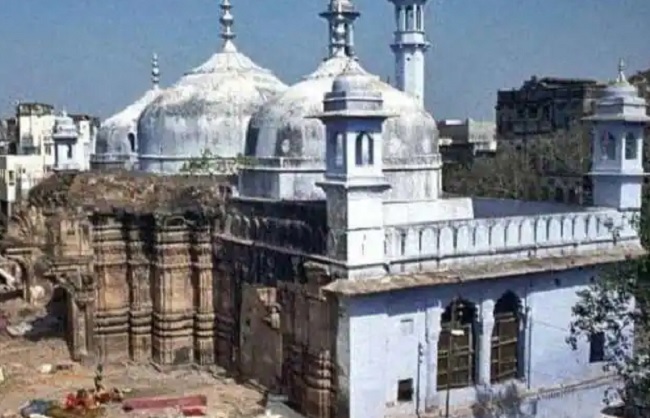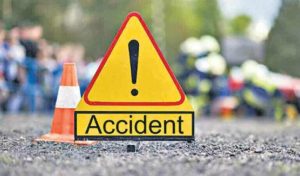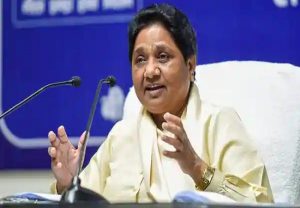Varanasi, 21 July: On Friday, a Varanasi court granted permission for a scientific assessment of the Gyanvapi mosque premises, except the ‘Wazukhana’ region.
The court was considering a petition demanding a scientific survey, including carbon dating, to ascertain the date of the “Shivling” thought to have been discovered at the Gyanvapi mosque.
The court of A K Vishvesh approved the plea of a group of Hindu devotees who wanted a scientific assessment to determine if the mosque was built on the site of a Hindu temple. The survey would not cover the fortified ‘wazukhana,’ where Hindu claimants allege a building called a’shivling’ exists.
According to mosque officials, the structure is really a portion of a fountain in the ‘wazukhana,’ where ablutions are done before namaz.
The survey will be carried out by the Archaeological Survey of India (ASI), with the final report due on August 4. The next hearing is scheduled on August 4.
In the matter, the Hindu side filed a petition, requesting that the Archaeological survey of India (ASI) study the whole Gyanvapi mosque complex. Vishnu Shankar Jain, the Hindu side’s attorney, praised the judgment and stated, “The survey will be completed. If the Muslim side goes to the Allahabad High Court or the Supreme Court, we would submit a caveat.”
Advocate Subhash Nandan Chaturvedi praised the decision, calling it a “turning point” in the case. “Our application for the ASI survey was approved. This is a watershed moment in the case,” he remarked.
After the final hearing of the lawsuit by the Varanasi court on July 14, Jain had claimed they had demanded complete archaeological and scientific research of the whole Gyanvapi complex, barring ‘wazukhana’.
In his arguments, Jain stated that the conclusion of the Kashi Vishwanath temple-Gyanvapi mosque controversy depends on an archaeological survey of the complete mosque complex. According to Jain, a modern examination of the three domes of the Gyanvapi complex, as well as the western wall and the entire complex, can help to clarify the issue.
During the court hearings, the Muslim side raised fear that an archaeological investigation may do harm to the complex, according to him. In response, the Hindu side called for a sophisticated inquiry strategy that would minimise any damage to the property.





